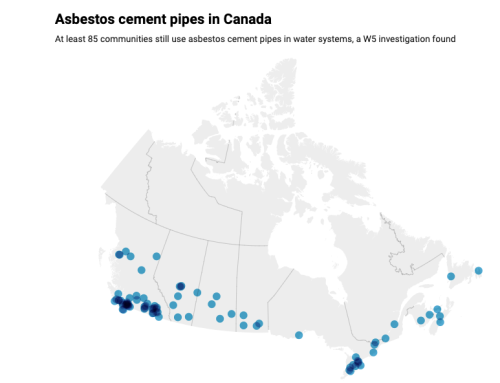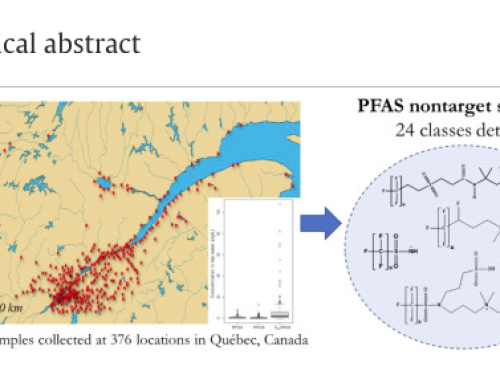Hi all…in response to my recent emails dealing with waterborne disease outbreaks, I was directed to an article in the Toronto Star published in May 2018 which really got my attention. I think that as water professionals this is an article we should all read when we have a few minutes. It is the story of a personal tragedy experienced by a victim of the Walkerton outbreak. We are typically consumed with the immediate and short term impacts of outbreaks and don’t often see follow-up statistics and studies. This may lead to the underestimation of suffering and deaths attributable to such events. I’ve provided a link and I have a WORD version if you are unable to access it.
(On the same topic, here’s a link to a follow-up study on victims of the Walkerton outbreak entitled “Long term risk for hypertension, renal impairment, and cardiovascular disease after gastroenteritis from drinking water contaminated with Escherichia coli O157:H7: a prospective cohort study” that I first sent to this list in 2010:http://www.bmj.com/content/341/bmj.c6020.abstract?sid=863dce64-963c-43ff-9eef-abd3c3c56973 )
Bill
In 2000, Walkerton’s poisoned water ruined his life. He decided it was time to end it
Excerpt: “It was a glorious, sun-warmed afternoon after a long winter. Robbie Schnurr’s blinds were closed. He was finalizing his plans to die.
“Pretty much where I’m laying right now, where I’ve been for years,” he said, reflexively patting the bedsheet between him and the half-finished bottles of water kept within easy reach. Robbie Schnurr who had his life ended on Tuesday, May 01, 2018 through doctor-assisted suicide. He says he lives with severe neurological damage as a result of being poisoned by the Walkerton water in 2000. “What does a person do when they know they’re going to die within hours? I mean, do you walk over and look out the window? I can’t walk anyways. I guess you just wait for the time to pass and then you miss the hors d’oeuvres.” It’s been 18 years since a deadly E. coli outbreak devastated the rural town of Walkerton, 150 kilometres northwest of Toronto. Seven people perished. A further 2,500, half the population, took ill. Most eventually got better. Schnurr never did. Poisoned like the others, his health declined slowly and painfully until he lived in a sort of limbo: a prisoner in his own body, in his own bed, here in his 11th-floor Mississauga condo, a 71-year-old alone and feeling largely forgotten.”





